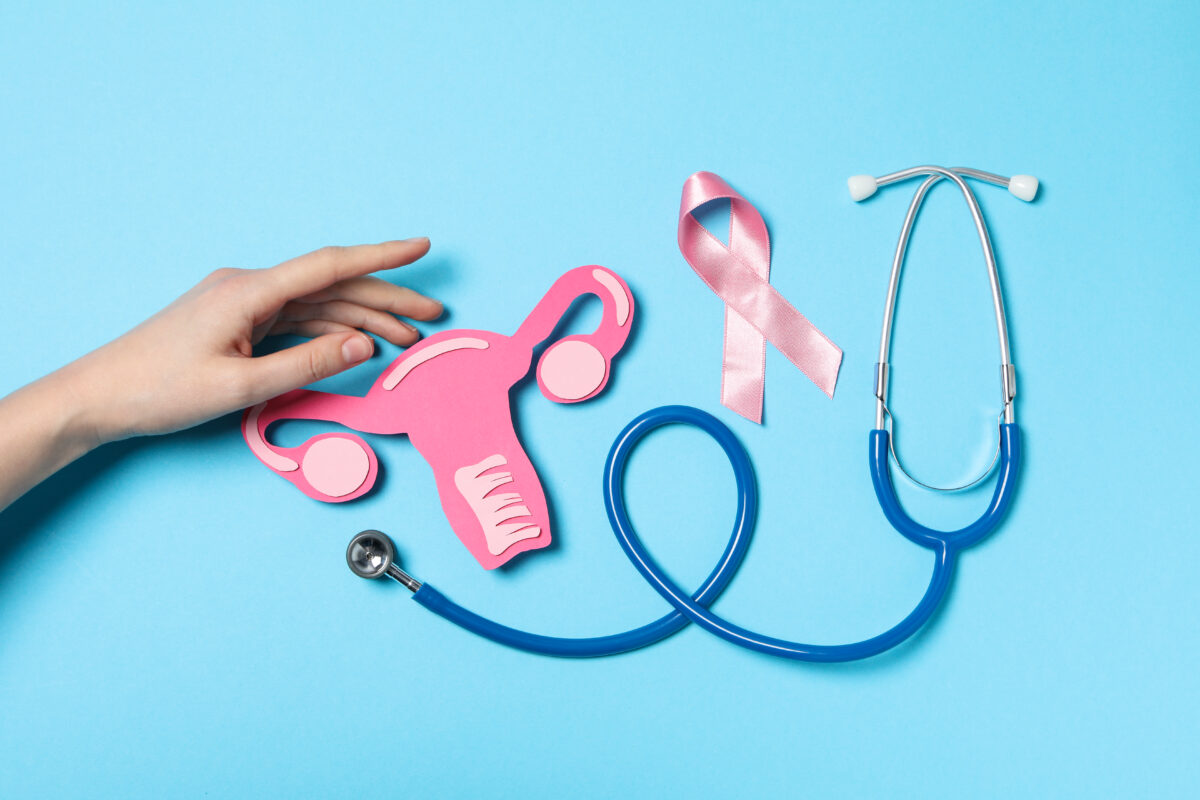The link between cancer and fertility is a topic that has been relevant in recent years due to advances in fertility treatments and the options available to preserve reproductive capacity.
More and more people are facing a cancer diagnosis in hopes of continuing with their plans to start a family. It is important to know that, although some cancer treatments can affect fertility, there are alternatives to protect it.
Before making important decisions, it is essential to know how treatments such as chemotherapy, radiotherapy or surgeries can influence fertility. This varies depending on age, type of cancer, and specific treatment. In addition, options such as preservation of eggs, sperm, or reproductive tissue may be considered before starting treatment.
Remember that early detection of cancer not only saves lives, it also opens the door to discussing alternatives for fertility preservation. By knowing how cancer affects reproductive capacity, you can plan for a future with greater peace of mind, maintaining the hope of starting a family once the disease is overcome.
How do cancer treatments affect fertility?

Cancer treatments, while effective in fighting the disease, can have side effects that affect the reproductive system. Chemotherapy, especially, can damage eggs in women and affect sperm production in men. Radiation therapy can also damage reproductive organs if it targets the pelvic area, while cancer surgeries may require the removal of reproductive organs, depending on the type and location of the cancer.
However, the impact is not the same in all cases. Factors such as age and overall health also play a crucial role in a person’s ability to conceive after treatment.
Young women, for example, are more likely to regain their ovarian function after chemotherapy than older women. For this reason, it is essential to speak with a fertility specialist before starting any cancer treatment.
Fertility Preservation Options
Nowadays, there are various techniques that allow fertility to be preserved before starting cancer treatment.
Egg freezing: Women may choose to remove and freeze their eggs before starting chemotherapy or radiation therapy. This process involves stimulating the ovaries to produce several eggs, which are then retrieved and stored for future use.
- Embryo freezing: Instead of freezing eggs alone, some people choose to create embryos using sperm from a couple or donor, which are then frozen until the time they are ready to use.
- Ovarian tissue freezing: This option is less common, but it can be helpful for women who need to start their treatment right away. It involves the removal of ovarian tissue that can be reimplanted after treatment.
- Sperm freezing: Men may also choose to freeze sperm before undergoing cancer treatments that may affect their fertility.
It should be remembered that fertility preservation is not an absolute insurance for conceiving in the future, but it can significantly increase the odds.
Emotional support during the process
A cancer diagnosis is already an emotionally challenging experience. When fertility concerns are added, emotions can escalate even more. In this sense, having a team that provides emotional support and guidance is essential to make informed decisions and reduce the emotional burden that the process can generate.
At Fertivida, we understand the importance of accompanying each decision with sensitivity and empathy. Our team not only offers specialized medical advice, but also provides emotional support throughout this process. We know that fertility preservation can offer a glimmer of hope in the midst of a challenging diagnosis.
October, Breast Cancer Awareness Month, also reminds us of the importance of thinking ahead. If you are facing a cancer diagnosis or have been warned about the possible risks that treatments can have on your fertility, remember that it is possible to act in time to preserve your reproductive options. Making informed decisions with the right support can make a significant difference in your life.
Cancer doesn’t have to mark the end of your plans to start a family. With the right information and the right support, you can take the necessary steps to protect your fertility and keep the hope of fulfilling your dreams alive.
The relationship between cancer and fertility is complex, but with the right tools and support, solutions can be found. Preserving fertility before cancer treatments offers the opportunity to plan for a future with children, even after overcoming cancer. It is crucial to be informed, plan and have a specialized team to accompany this process.





